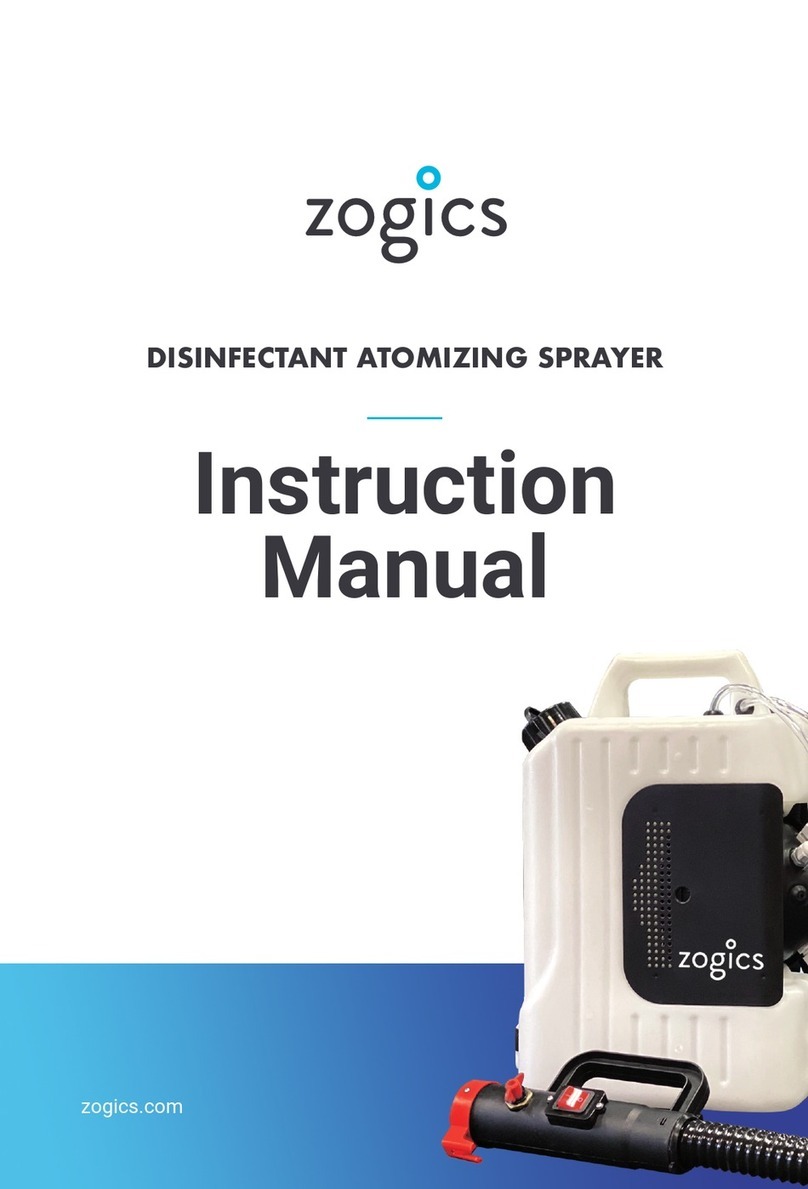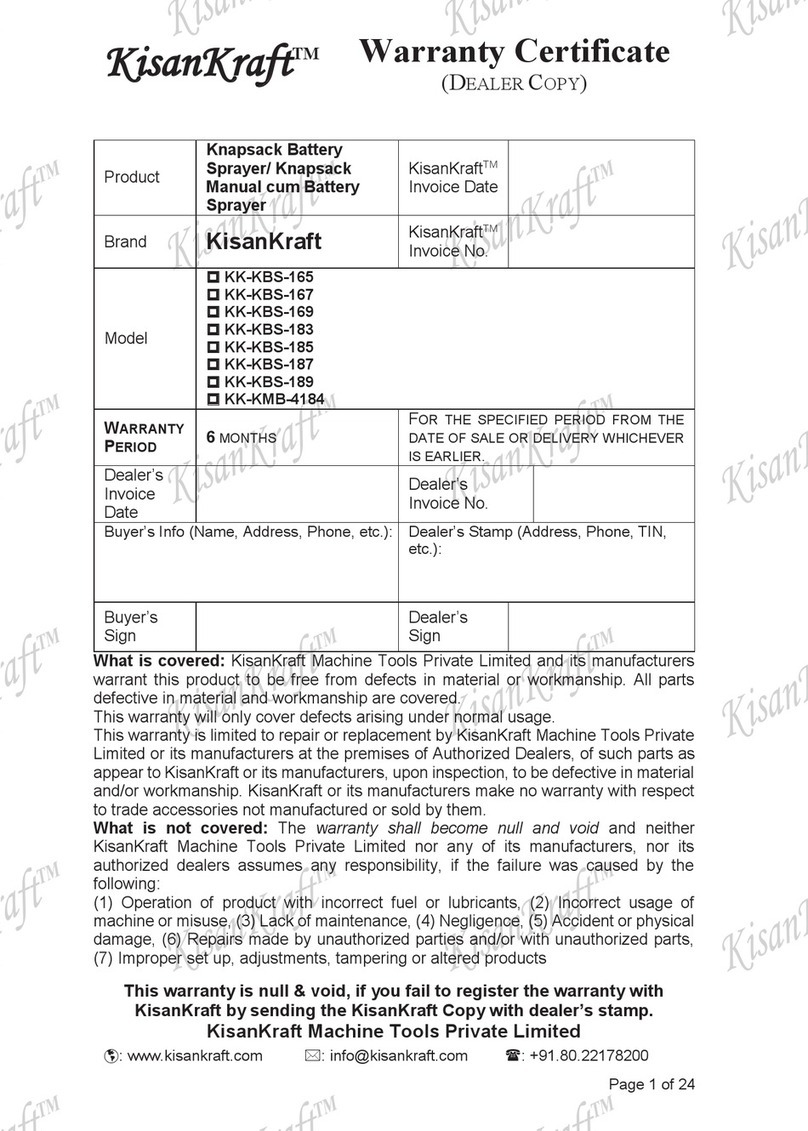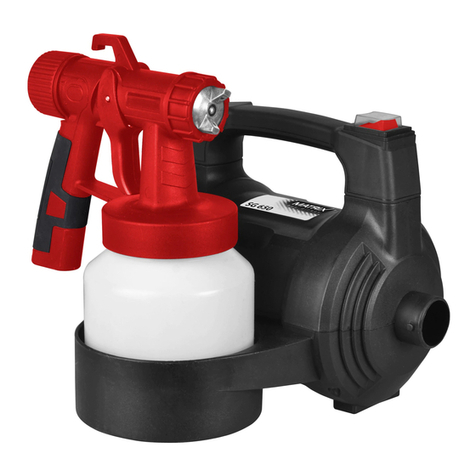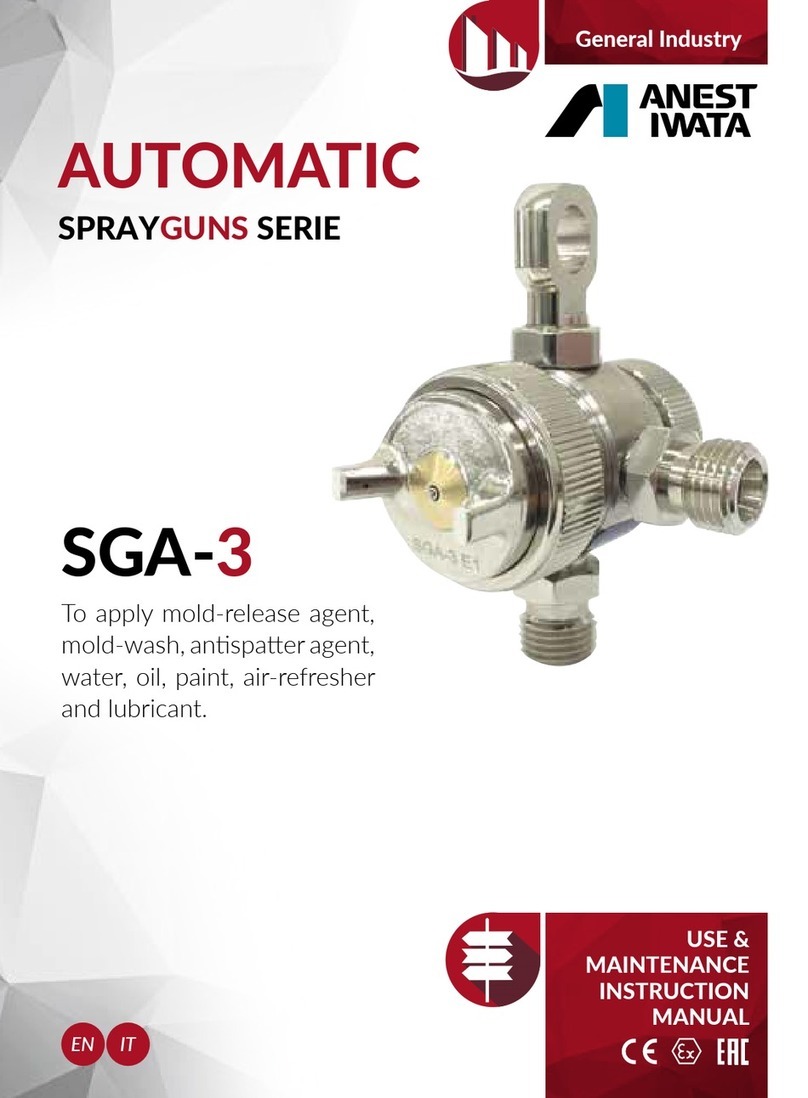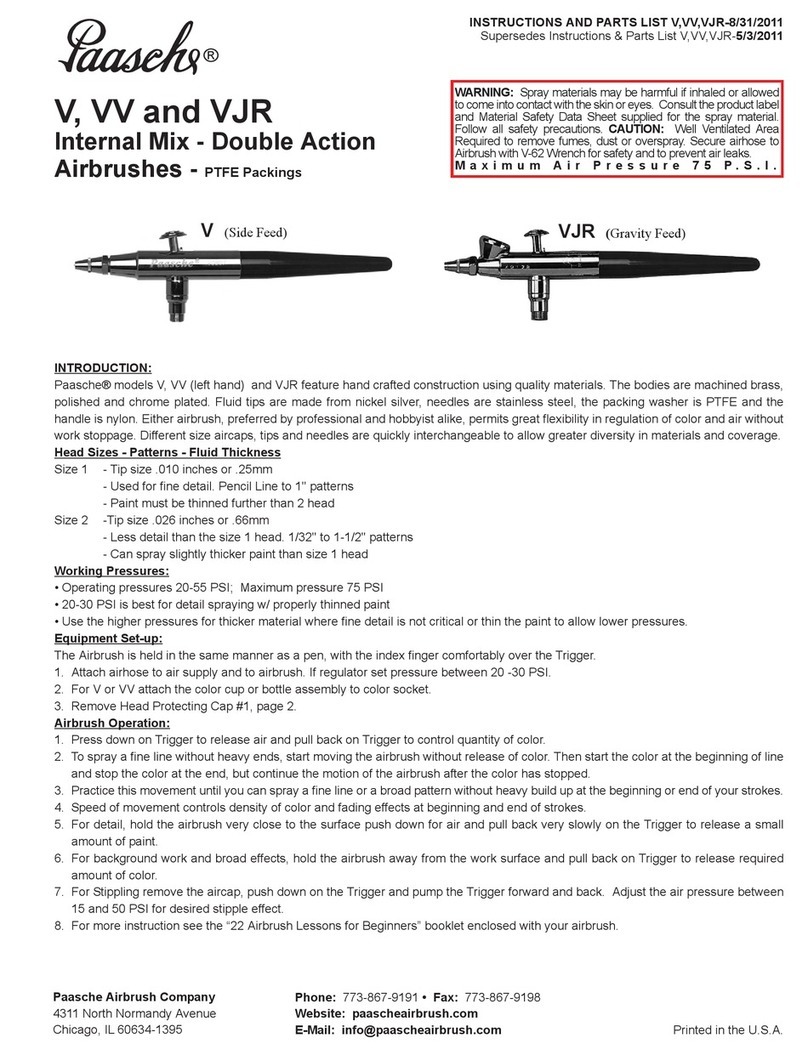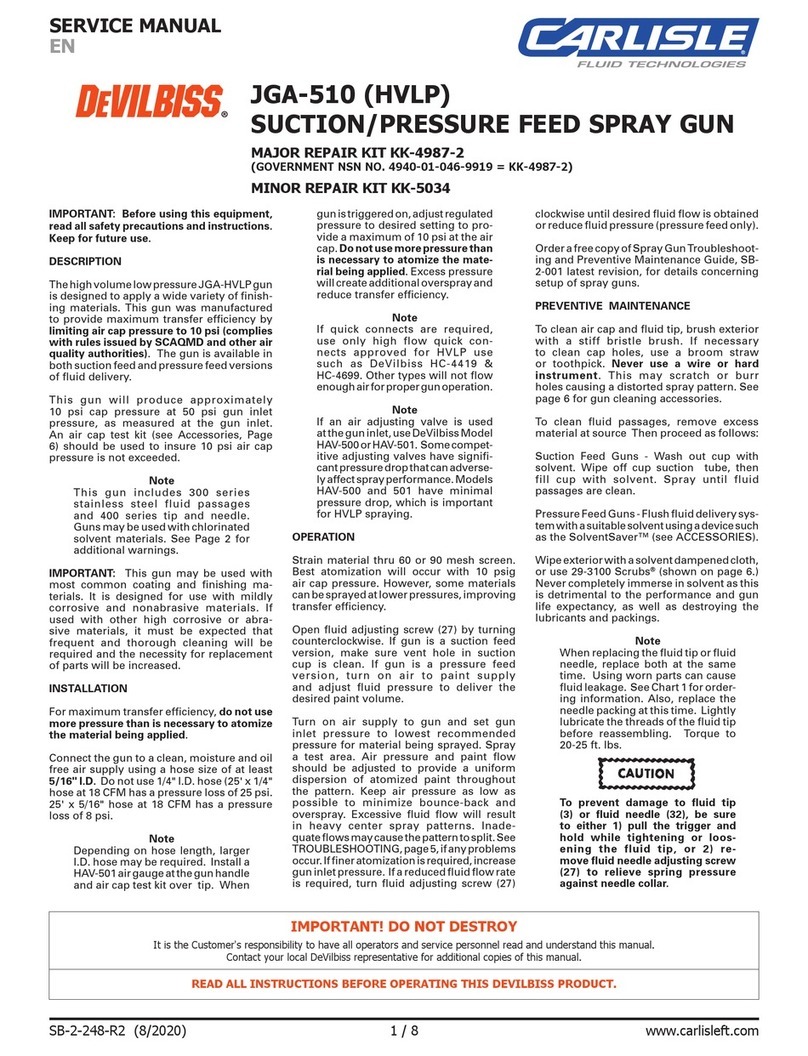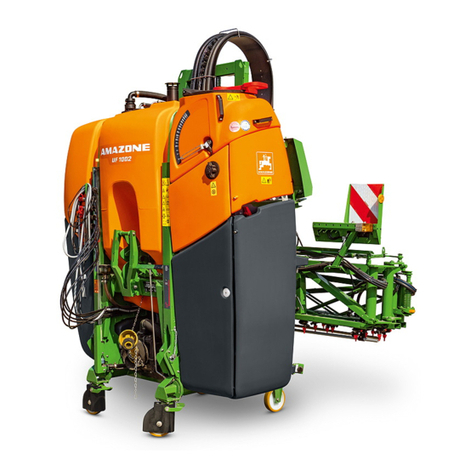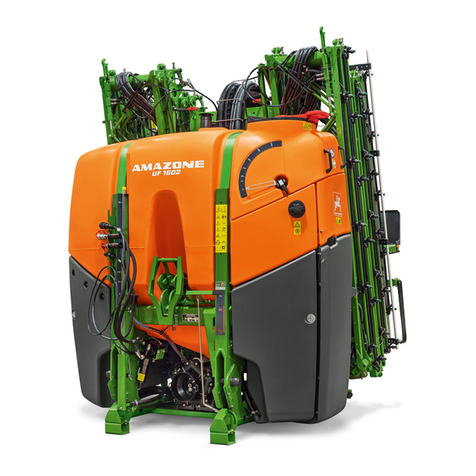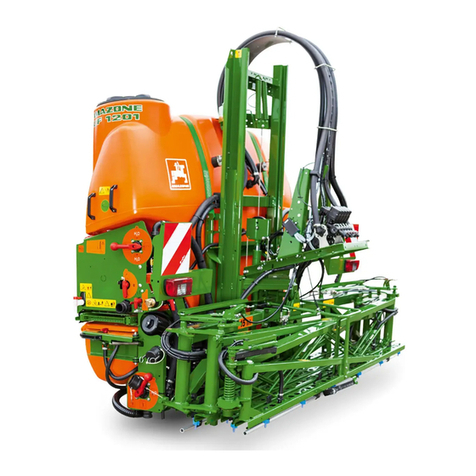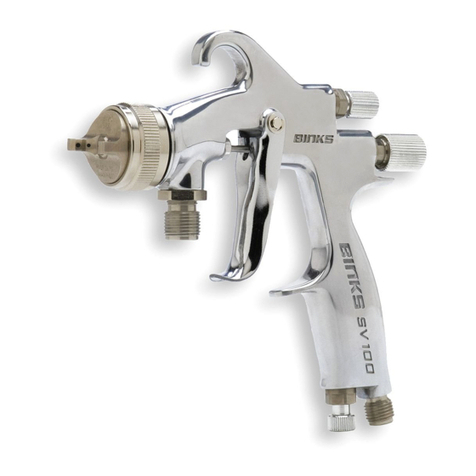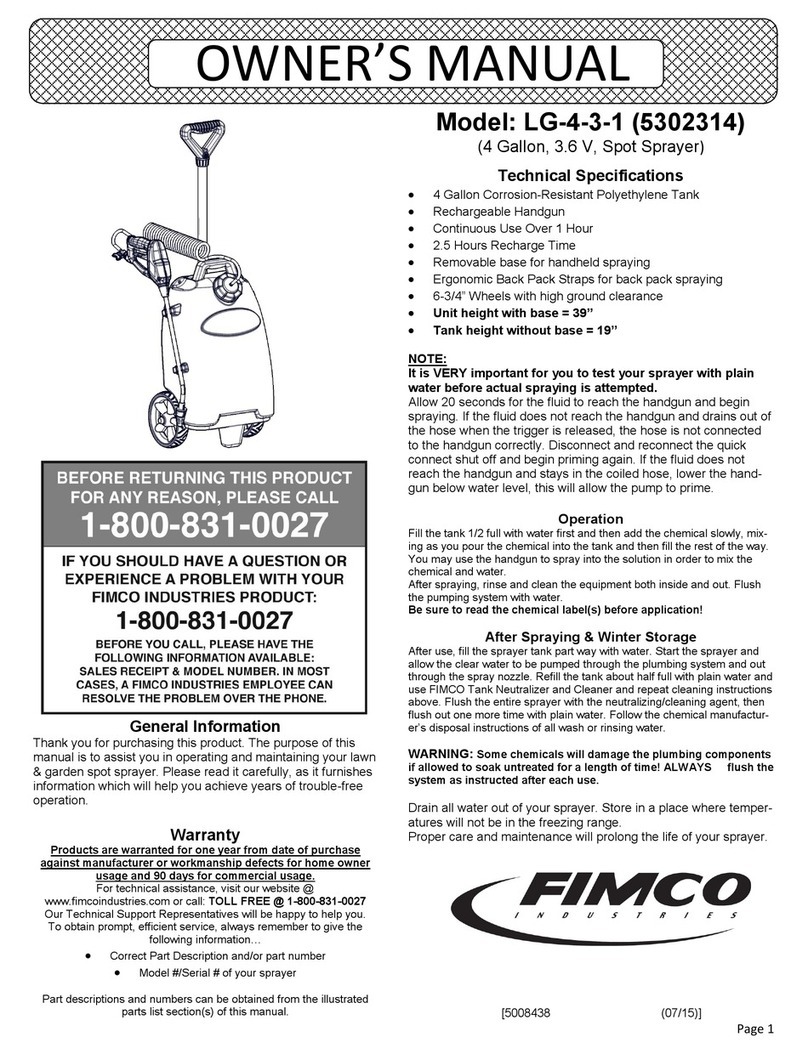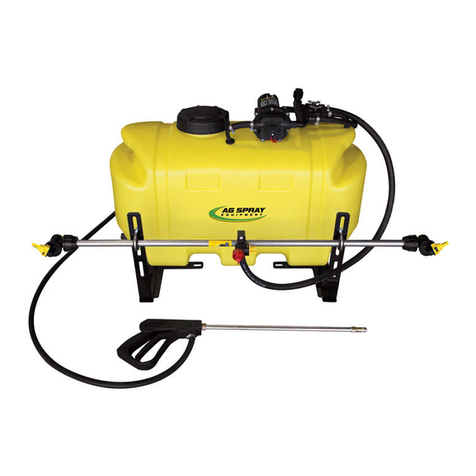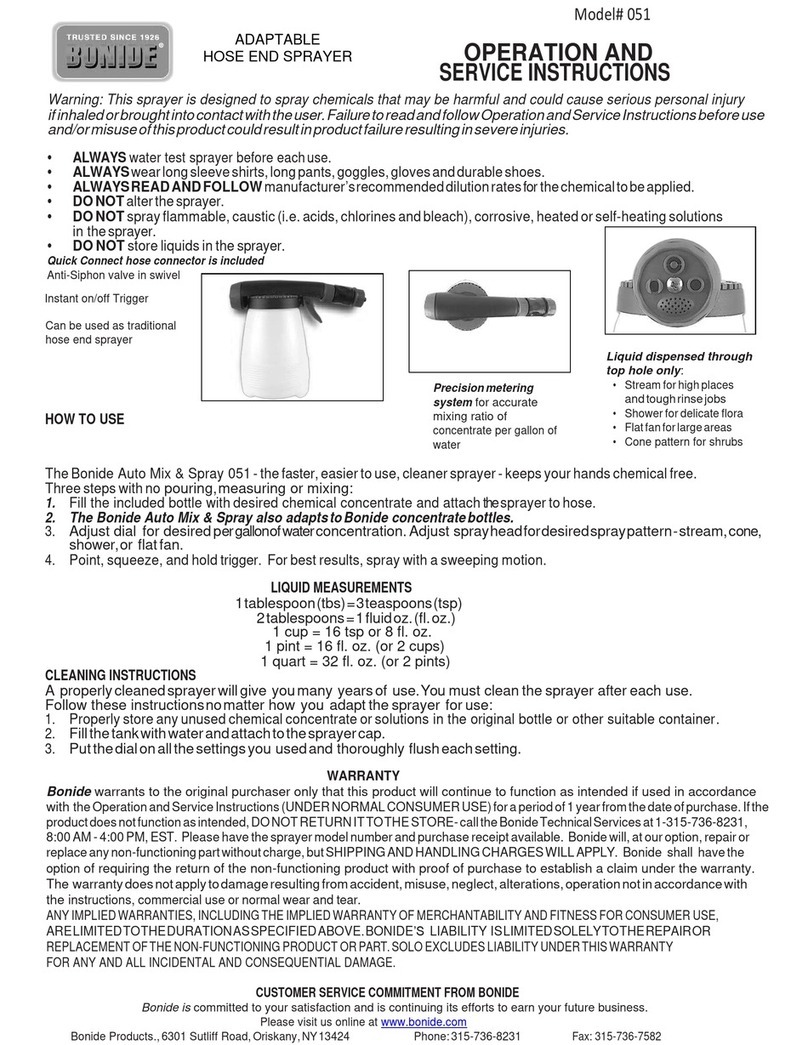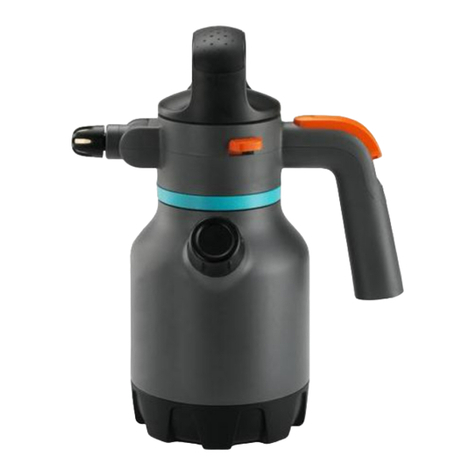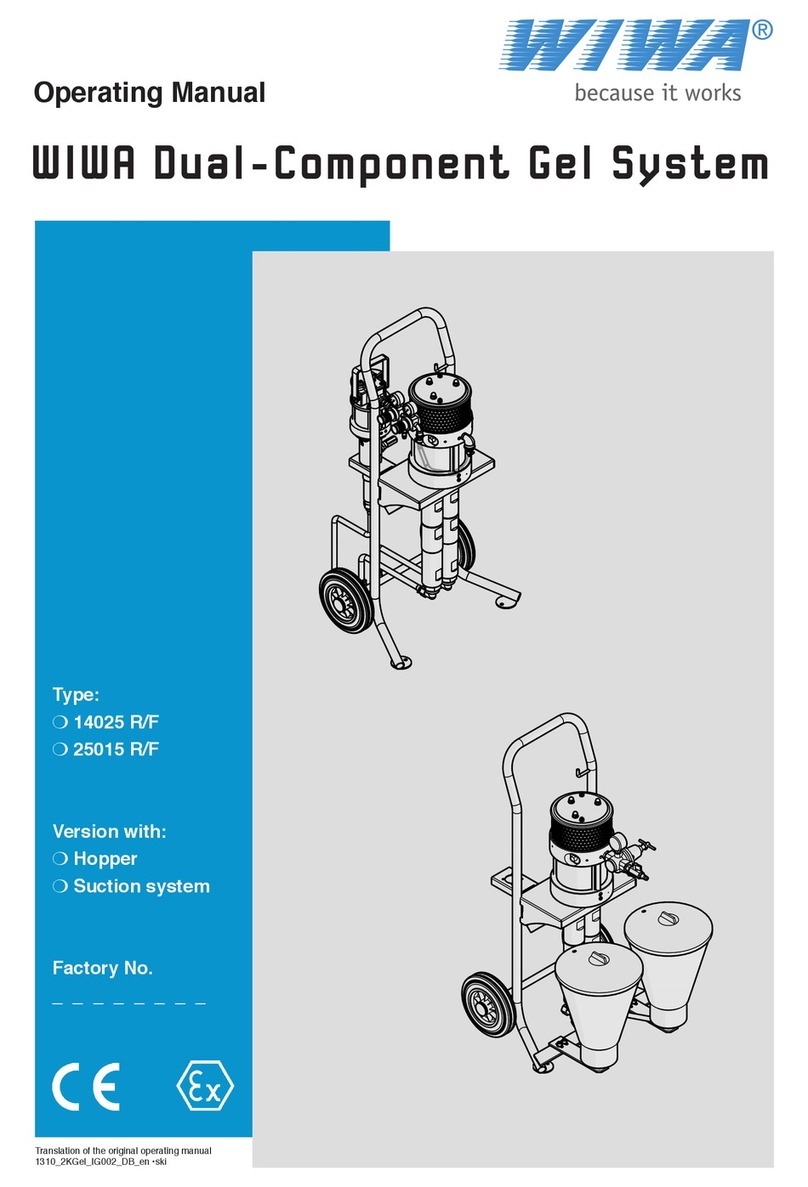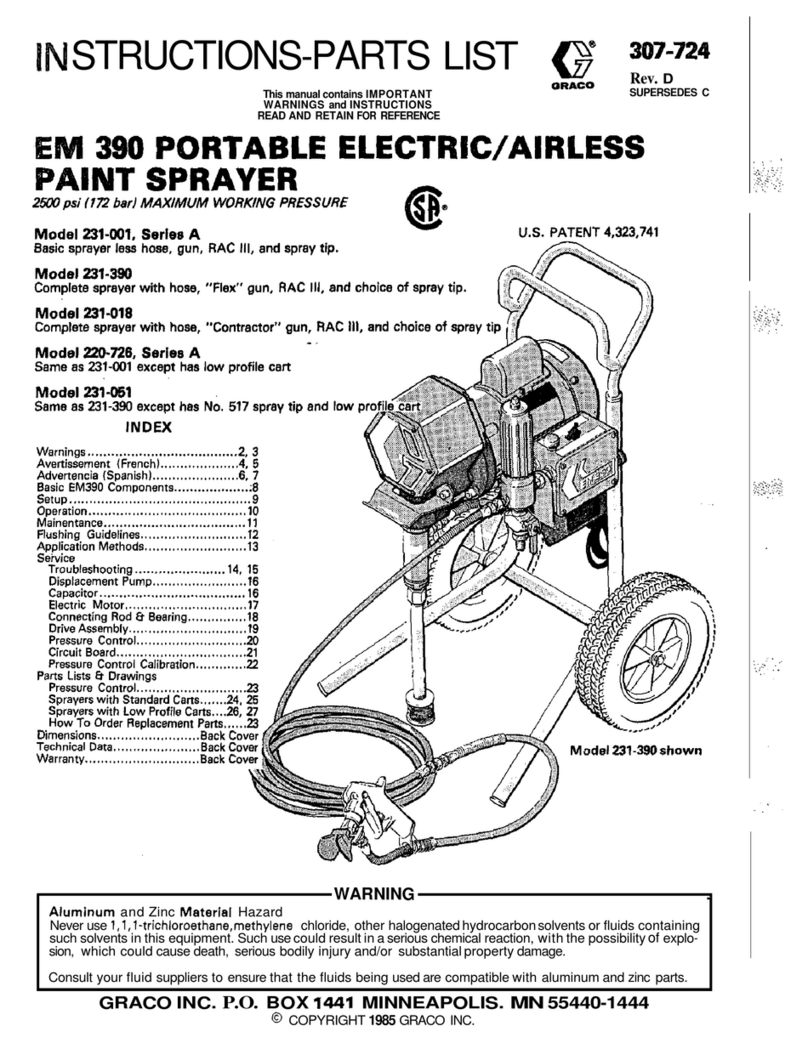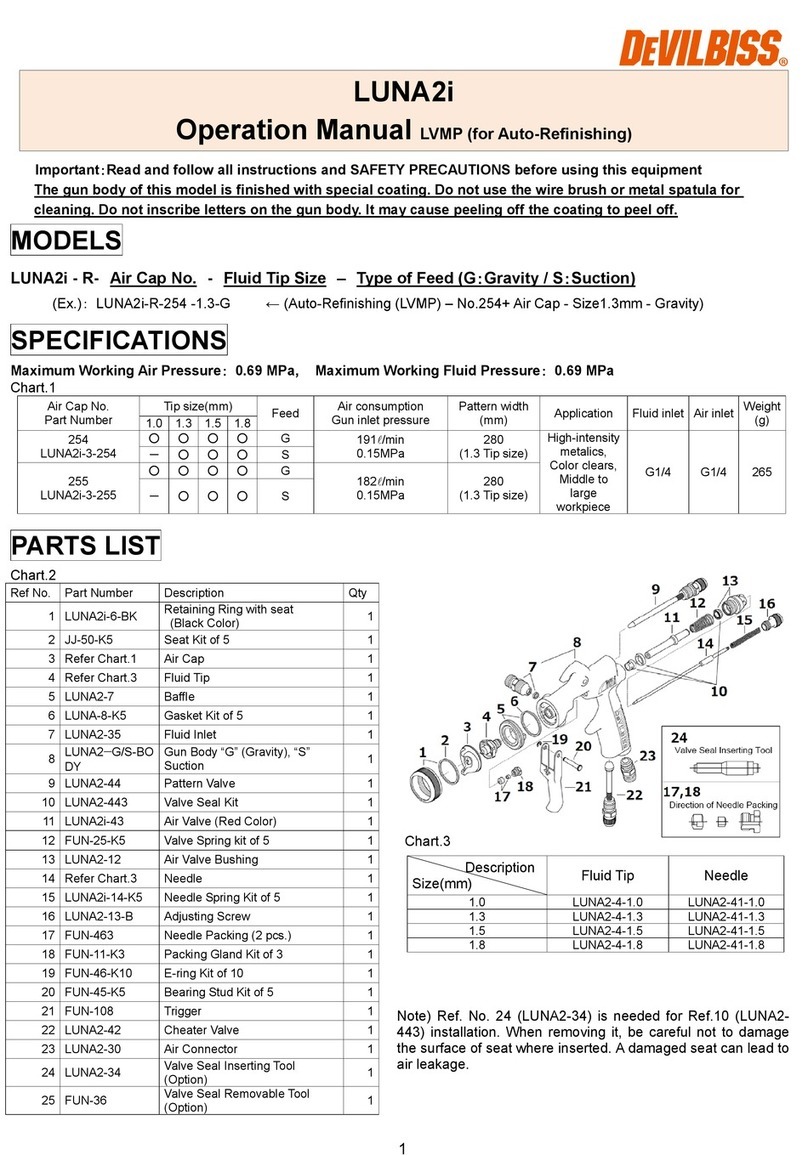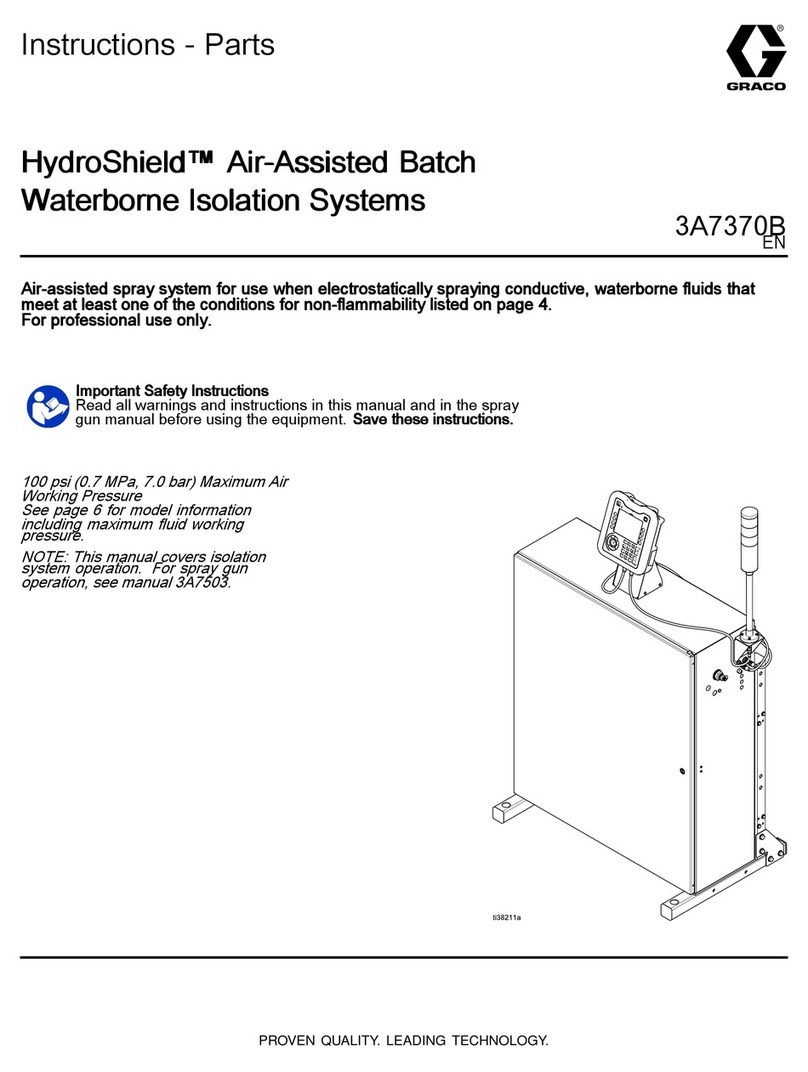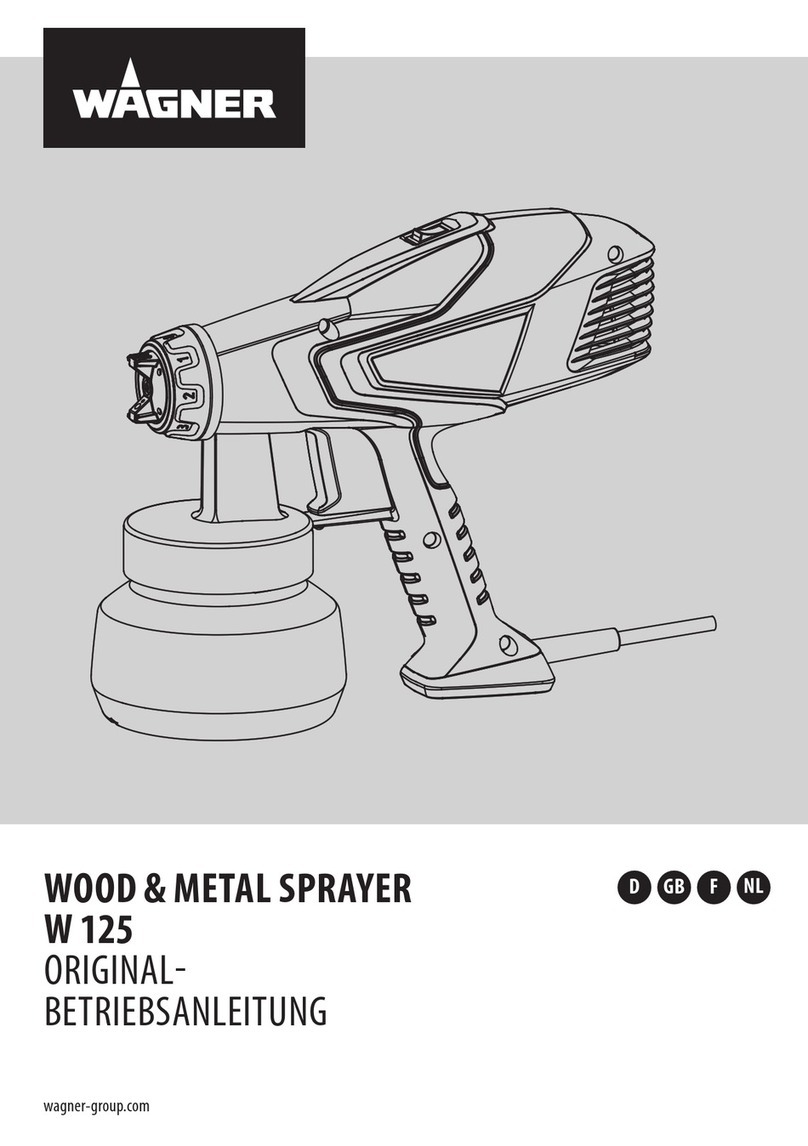
11200 BAG0101.9 11.17
10.5.3 Performing chemical cleaning..............................................................................................171
10.5.4 Draining the final residues ...................................................................................................172
10.5.5 Cleaning the suction filter when tank is empty.....................................................................173
10.5.6 Cleaning the suction filter when tank is full..........................................................................174
10.5.7 Cleaning the pressure filter when the tank is empty............................................................175
10.5.8 Cleaning the pressure filter when the tank is full.................................................................175
10.5.9 Exterior cleaning ..................................................................................................................176
10.5.10 Cleaning the sprayer with a full tank (work interruption)......................................................177
11 Double Trail..............................................................................................178
11.1 Operating terminal ...............................................................................................................178
11.2 Road use..............................................................................................................................180
11.3 Field operation .....................................................................................................................180
11.3.1 Switching field mode on and off...........................................................................................180
11.3.2 Steering program - track following steering system.............................................................181
11.3.3 Steering program - manual operation..................................................................................182
11.4 Axle synchronisation............................................................................................................182
11.5 Tests and faults....................................................................................................................183
11.5.1 Startup test...........................................................................................................................183
11.5.2 Fault lamp and fault buzzer..................................................................................................183
11.5.3 Fault memory.......................................................................................................................183
12 Faults........................................................................................................184
13 Cleaning, maintenance and repair..........................................................185
13.1 Cleaning...............................................................................................................................187
13.2 Winter storage and long periods out of operation................................................................188
13.3 Lubrication specifications.....................................................................................................190
13.3.1 Lubrication point overview ...................................................................................................191
13.4 Maintenance schedule – overview.......................................................................................194
13.5 Axle and brake.....................................................................................................................197
13.5.1 Hydraulic brakes ..................................................................................................................202
13.6 Parking brake.......................................................................................................................203
13.7 Tyres / wheels......................................................................................................................204
13.7.1 Tyre pressures.....................................................................................................................204
13.7.2 Fitting tyres...........................................................................................................................205
13.8 Check the coupling device...................................................................................................206
13.9 Hydropneumatic sprung suspension ...................................................................................207
13.10 Drawbar................................................................................................................................207
13.11 Hydraulic system..................................................................................................................208
13.11.1 Labelling hydraulic hose lines..............................................................................................209
13.11.2 Maintenance intervals..........................................................................................................209
13.11.3 Inspection criteria for hydraulic hose lines...........................................................................209
13.11.4 Installation and removal of hydraulic hose lines ..................................................................210
13.11.5 Fluid filter..............................................................................................................................211
13.11.6 Cleaning the solenoid valves...............................................................................................211
13.11.7 Clean / exchange the filter in the hydraulic plug..................................................................212
13.11.8 Hydro-pneumatic pressure reservoir ...................................................................................212
13.11.9 Adjusting the hydraulic throttle valve ...................................................................................213
13.12 Pump....................................................................................................................................215
13.12.1 Check the oil level................................................................................................................215
13.12.2 Changing the oil...................................................................................................................215
13.12.3 Cleaning...............................................................................................................................215
13.12.4 Checking and replacing the suction and pressure-side valves............................................216
13.12.5 Checking and replacing the piston diaphragm.....................................................................217
13.13 Checking and exchanging the pressure reservoir diaphragm (workshop task)...................218
13.14 Calibrate the flow meter.......................................................................................................218
13.15 Eliminating limescale in the system.....................................................................................219
13.16 Field sprayer calibration.......................................................................................................220
